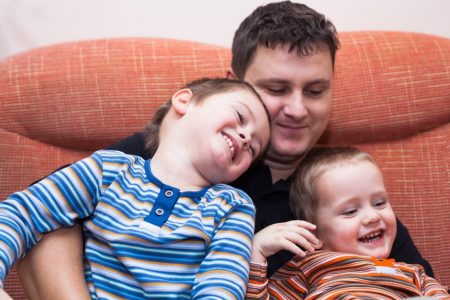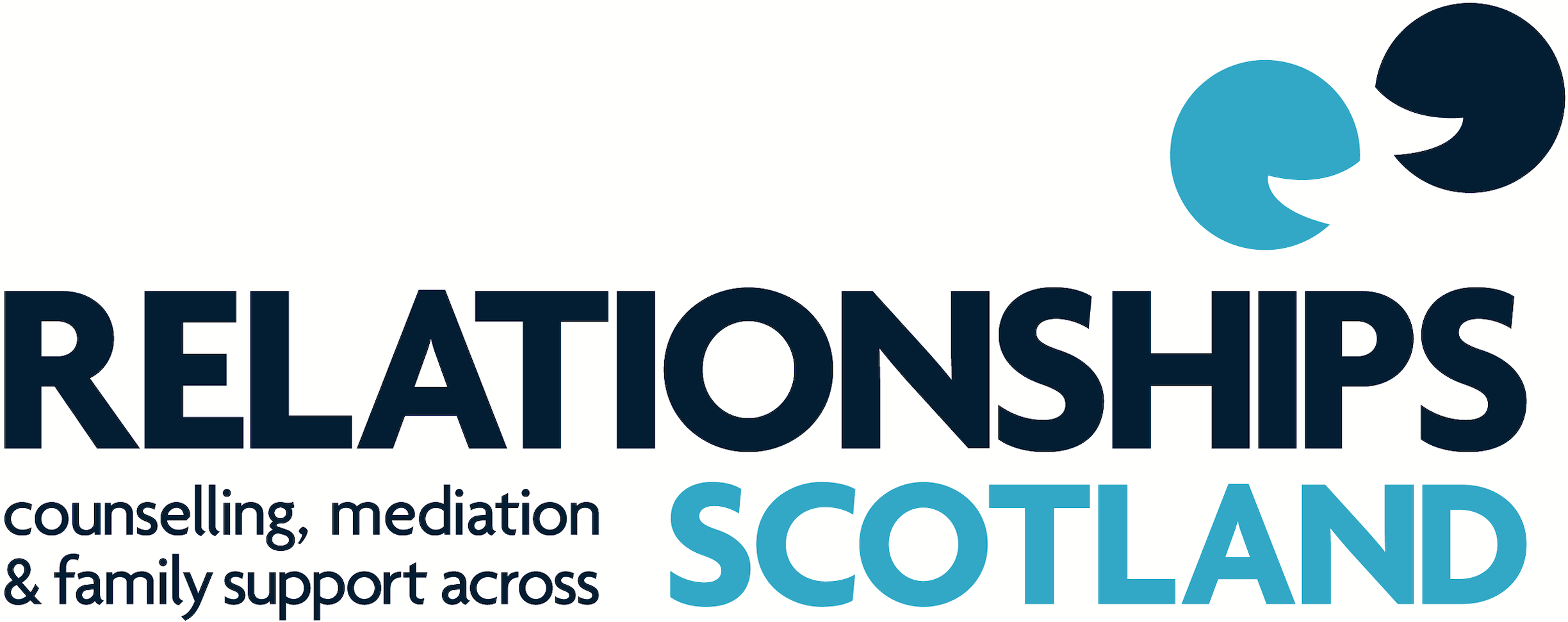
Bryan Clark and Gerry Keegan: Make sure that you keep communicating when it’s time to split
It is beyond doubt that splitting up can be immensely difficult and emotionally draining. Throw children into the mix and the stakes get higher, with the potential to push warring parents to their limits. In the midst of this crisis, parents may find it impossible to keep communication channels open to take the best decisions for their children. But there is help.
One port of call to help parents prepare for the long road ahead is the Parenting Apart service offered by Relationships Scotland, which has member services covering the whole country. Parenting Apart is a three hour group session led by facilitators providing an opportunity for parents to help themselves and their children move forward and gain insight into how, as a family, they can deal with the transition to living apart in a way that’s best for everyone.
Research into the Parenting Apart service has recently been conducted through the Newcastle University Law School. Insights were gained through questionnaire responses from parents into their immediate appraisals of Parenting Apart and through follow-up reviews between three to six months later, detailing how their family circumstances had since improved. The researchers also interviewed parents and conducted focus groups with Parenting Apart facilitators to gain fuller insights.
The headline findings are very positive. For example, 96 per cent of parents said they would recommend Parenting Apart to others; 86 per cent viewed that Parenting Apart increased their understanding about how to better help their children cope ‘a lot’ or ‘quite a lot’ and 84 per cent agreed that what they had found out in Parenting Apart would improve their family situation.
Importantly, involvement in Parenting Apart also seemed to hold lasting benefits for many. At the three to six month follow up review stage, in response to the question ‘How well are you coping with your family situation?’, those answering ‘very well’ or ‘well’ moved from 27 per cent to 53 per cent; to the question ‘How well do you think your children are coping with their current family situation?’, those answering ‘very well’ or ‘well’ rose from 31 per cent to 56 per cent; and to the question ‘How well are you, as parents, able to make arrangements for your child/children?’, those answering ‘very poorly’ or ‘poorly’ dropped from 59 per cent to 40 per cent.
Interviews with parents helped shed light on why Parenting Apart often held such positive impacts. In this respect, two main factors were prominent – guidance from facilitators about focusing on the best interests of children, and the benefits of sharing like experiences with other parents. On the former, as one parent explained: “Listening to [the facilitators] got me thinking that right now it’s what my daughter is feeling and what is best for her that I need to focus on”.
On sharing experiences with others, one parent reflected: “We were all in the same boat, pretty much feeling the same emotions, going through pretty much the same thing… [we] could express what we were feeling without the feeling of being shot down or contradicted.” Another noted that “[divorce is] a lonely experience and to know that it happens all the time made me realise that everybody just wants the best for their kids”.
Parents often also recounted how Parenting Apart helped them take further steps necessary to make arrangements for their children, such as family mediation. Mediation is a well-established form of dispute resolution offered by Relationships Scotland member services in which an independent, impartial mediator assists separating parents to reach agreements.
In our focus groups, facilitators spoke of the benefits of Parenting Apart in readying parents for mediation by helping them move on from their personal grievances and focus on what was important for their family.
While we would caution that Parenting Apart is not always effective, in the main our study pointed to high satisfaction levels with longer term benefits evident. Parenting Apart has become well established over recent years with awareness levels growing in the Scottish legal profession. The service has been made possible through dedicated Scottish Government annual funding from April 2015 to March 2019. With that money recently withdrawn, the good work of Parenting Apart is now at risk. We advocate that further dedicated funding be made available so that Parenting Apart can continue to provide beneficial outcomes for children and families.
To find out more about the support available from the Relationships Scotland network of Member Services, visit www.relationships-scotland.org.uk or call 0345 119 2020.
The full Parenting Apart research report can be accessed here.
Bryan Clark and Gerry Keegan, Newcastle University Law School
This article was previously published in the Scotsman on 3 March 2020
